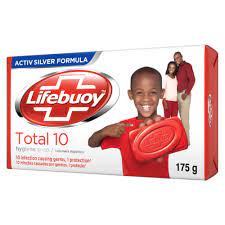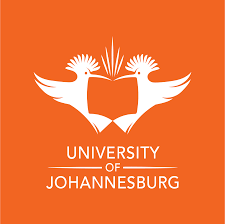UJ has advertised modules and/or majors on their website and in their Prospectus that did not exist, and then refused to refund the registration fee.
This means that a student can apply and plan their studies around studying at UJ and then come time of registration it could happen the module or major that the student was planning to study does not actually exist. And in the event that any fees had already been paid to UJ then this money could be lost to UJ.
Therefore it is recommended that students when planning where they intend to study should take into account the risks they take on when applying to UJ.
What can be done to limit your exposure? Prior to completing any UJ online registration and/or paying any money to UJ we would advise that you contact the relevant Faculty at UJ and get it in writing from UJ that the modules you intend registering for will definitely be going ahead and should they be withdrawn for any reason whatsoever then UJ will give you a full refund of your registration fee. More Info















